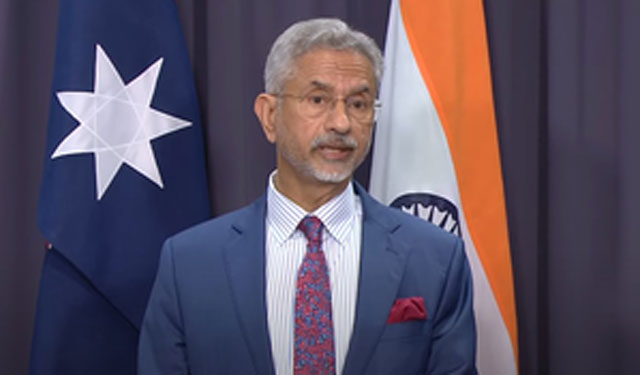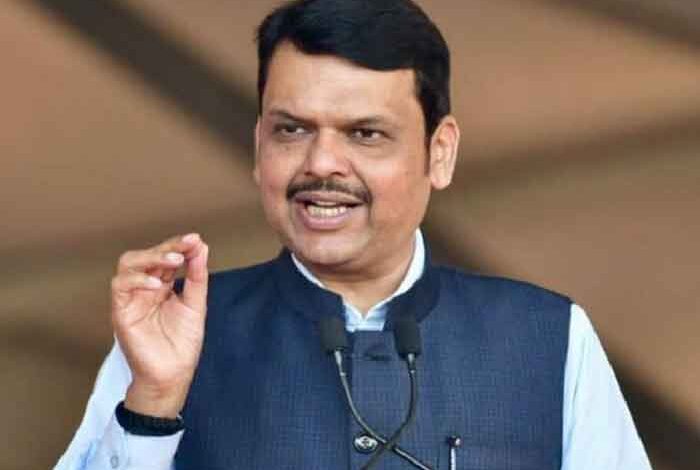
UP govt to appoint DGP independently; cabinet approves new policy
In a major administrative shift ahead of the bye-elections, the Uttar Pradesh government, led by Chief Minister Yogi Adityanath, has decided to take control of the appointment of the state’s Director General of Police (DGP), bypassing the Union Public Service Commission (UPSC) panel process.
This move, approved at a cabinet meeting late on Monday, means the UP government will now select the DGP independently, a decision that was previously overseen by the Centre.
The Yogi government has established a committee led by a retired High Court judge for the DGP’s selection. The committee will comprise the Chief Secretary, a UPSC-nominated member, the Uttar Pradesh Public Service Commission Chairman or their nominee, the Additional Chief Secretary or Principal Secretary (Home), and a retired DGP.
This change also sets a two-year fixed tenure for the DGP’s position. Following Punjab, UP becomes the second state in India to implement its own system for appointing the DGP.
The last full-time DGP in UP was Mukul Goyal, who was removed in May 2022, leaving the state with acting DGPs since. Reports suggest that Prashant Kumar is likely to be appointed as a full-time DGP under the new system.
Previously, UP followed the Centre’s protocol, which stated that the government would send the names of eligible officers – those with at least 30 years of service in the police force and six months left in tenure – to the UPSC, which would then shortlist three candidates for the state’s final selection.
Under the new system, only officers serving at the Director General of Police level in pay matrix level 16 will be eligible for the DGP’s role.
If a DGP is found involved in criminal activity, corruption, or failure in duties, the state government retains the authority to remove them before the end of their term.
However, any removal process must comply with the High Court guidelines outlined in relevant legal provisions.


